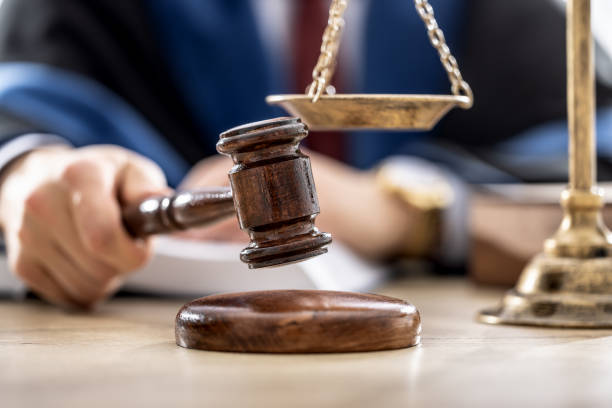AUSTIN, Texas — The Texas Supreme Court has approved a rule change permitting judges to decline to perform same-sex marriages, citing religious objections. The decision marks the latest development in a years-long legal and cultural debate over same-sex marriage in the state.
The issue originated with McLennan County Justice of the Peace Dianne Hensley, who refused to perform marriage ceremonies for same-sex couples. The State Commission on Judicial Conduct sanctioned Hensley for that refusal, prompting her to sue the commission. Her lawsuit, filed in Travis County, argues that the sanction violates her religious freedom.
Same-sex marriage became legal nationwide more than a decade ago, following the U.S. Supreme Court’s 2015 decision in Obergefell v. Hodges, which recognized the constitutional right of same-sex couples to marry. Since then, some judges and county clerks in Texas and other states have challenged the ruling, contending that it conflicts with their religious beliefs.
ALSO| Austin and Travis County prepare for increased wildfire risk amid high winds
Advocacy groups in Austin remain sharply divided over the Texas Supreme Court’s rule change.
Mary Castle of Texas Values said, “It has been pretty common that when it comes to ideas of marriage, even on life, these are things that, within, especially the Christian faith, there are strong views and strong practices. So in this case, you know, it’s very specific about that judge having sincerely held religious beliefs about marriage being between a man and a woman, which is of the Christian faith.”
Brad Pritchett of Equality Texas offered a different perspective, stating, “Our religious freedom should be something that protects us from harm. It shouldn’t be used as a sword. It shouldn’t be used as something that is inflicting harm on other people. So whenever we’re seeing religious freedom used in this way, that does set a really dangerous precedent.”
Brian Klosterboer, senior staff attorney at the ACLU of Texas, sent the following statement:
Allowing judges who offer marriage services to the general public to deny certain couples the right to marry paves the way for discrimination. Judges should remain neutral and unbiased when performing any public service, but this rule change holds weddings to a different standard and allows public officials to discriminate against us based on who we love, where we’re from, what we look like, or how we worship.
The broader national debate over Obergefell v. Hodges continues. On November 7, the U.S. Supreme Court is expected to decide whether it will take up a new challenge to the landmark ruling.

